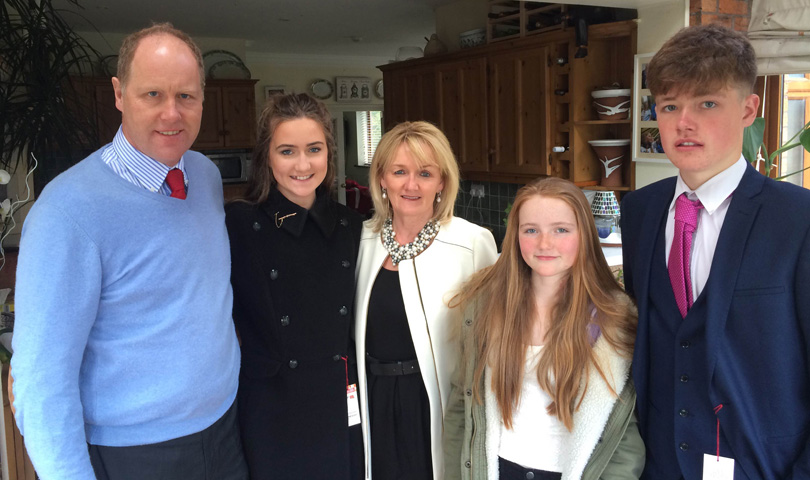Publicans across the country found themselves serving up last orders sooner than they’d expected once the recession hit. According to the drinks industry, over 1,500 pubs have closed since 2007. The rural pub trade was hardest hit and the sector is still somewhat punch-drunk, as members of the Vintners Federation of Ireland heard during its recent AGM in Killarney.
The VFI wants the government to pursue a “more equitable approach” in supporting publicans when their businesses fail. According to Noreen O’Sullivan, VFI president: “The level of support from the state for those who have taken the risks, collected the taxes, created the employment and endured the sleepless nights is very limited. There should be a level playing field to support those whose businesses have fallen on hard times and for whom access to state supports is virtually non-existent.”
Penal Taxation
VFI members have also been emphasising the role that pubs play in Irish tourism. Over half of the 4,000 VFI pubs are located in traditional tourist areas, and publicans contend that excise duty is prohibitively high. The total excise take for the drinks industry in 2014 was €1.1bn, and O’Sullivan points out that the excise on beer in Ireland is ten times what it is in Spain and Portugal.
Outside of the seasonal trade, business in general has been picking up for the beleaguered pub trade. While many pub owners diversified into food and entertainment to encourage footfall, Kevin Lawlor in Kildare has grown his business by improving rather than overhauling the core offering. Like 93% of pubs in Ireland, Lawlor’s business is a family concern, and the ‘The Old House’ pub in Kill has been in the Lawlor family since 1908.
 Kevin Lawlor (left) with the Lawlor family, owners of 'The Old House' pub
Kevin Lawlor (left) with the Lawlor family, owners of 'The Old House' pub
Before taking over the business, Lawlor worked in the restaurant sector. “I worked as a manager in a Burger King outlet in the centre of Dublin and I was robbed while lodging cash for the company. Shortly after that, I moved home to run the pub business in Kill for my mother.”
Expansion
When he took it over 1987, the pub could accommodate 25 people. Lawlor has expanded the premises three times since then, most recently in 2009, and the current capacity runs to 160. Although initially tempted, Lawlor didn’t branch into bar food after the 2009 revamp, opting instead to keep the hostelry as a ‘wet pub’.
“The pub business was on its knees up at that point,” he recalls. “The smoking ban and below-cost alcohol selling in supermarkets were having devastating effects. However, because of the recession I was able to get reductions on building and other costs.”
Fourteen-hour days in the pub business are not uncommon, according to Lawlor, though he doesn’t regard the work as onerous. Introducing pub grub, however, would have been. “I think that food affects the quality of drink, because of the grease and oil etc. The core business can also suffer, as you need 100% focus on food to make it work.”
Emigration Parties
Kill’s population is around 4,500 and has grown by one-fifth since 2006. The recession had unexpected spin-off benefits, such as a spike in emigration parties in the pub. The Kill publican credits “a good drinking population” in the locality for keeping trade buoyant, though he cautions that emigration and migration to Dublin are now major challenges to retaining the customer base.
That said, Lawlor is seeing an uptick in turnover. “People are sick of drinking at home,” he remarks. Two of Lawlor’s three children have begun helping out in the business, and although family succession is still a long way off, Lawlor is hopeful that the pub will remain in the family. “I know a lot of people who are selling their business because their kids are not interested. You couldn’t give away a pub in some parts of the country.”












